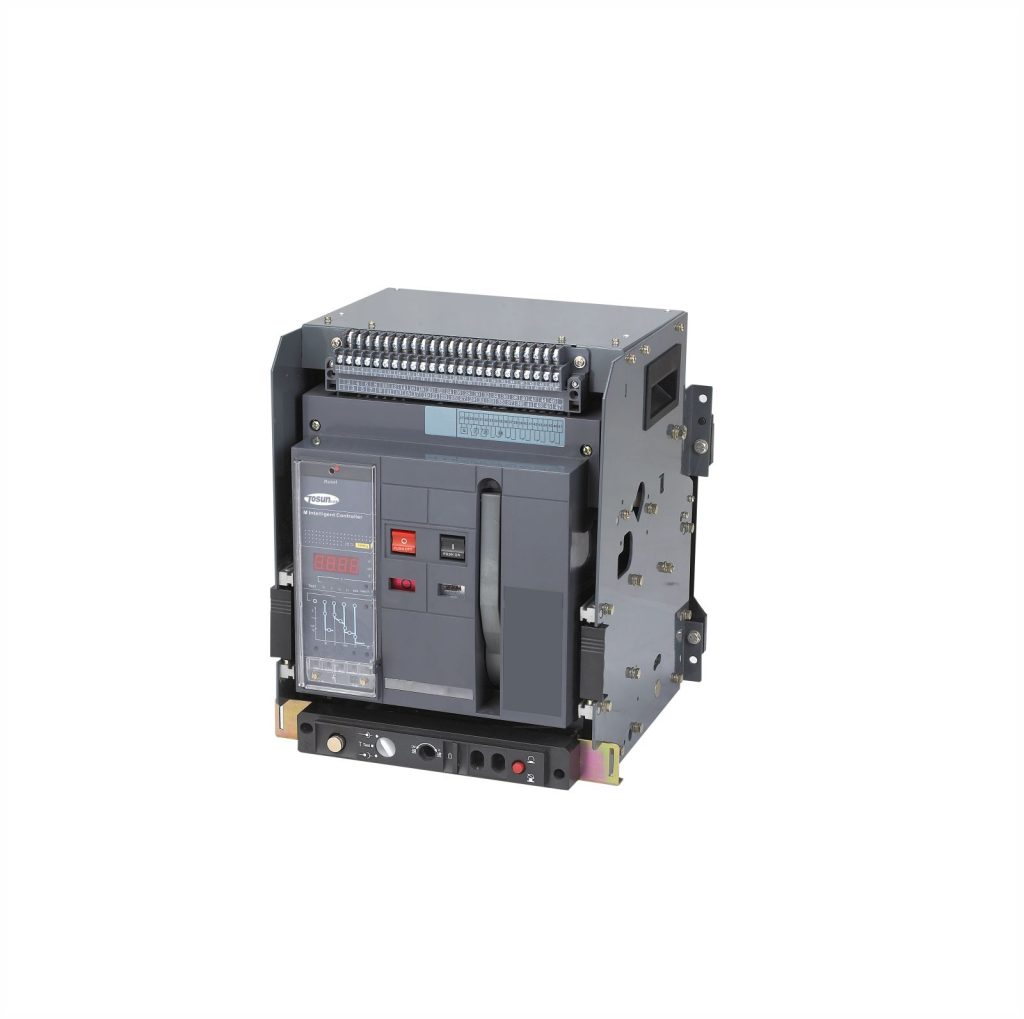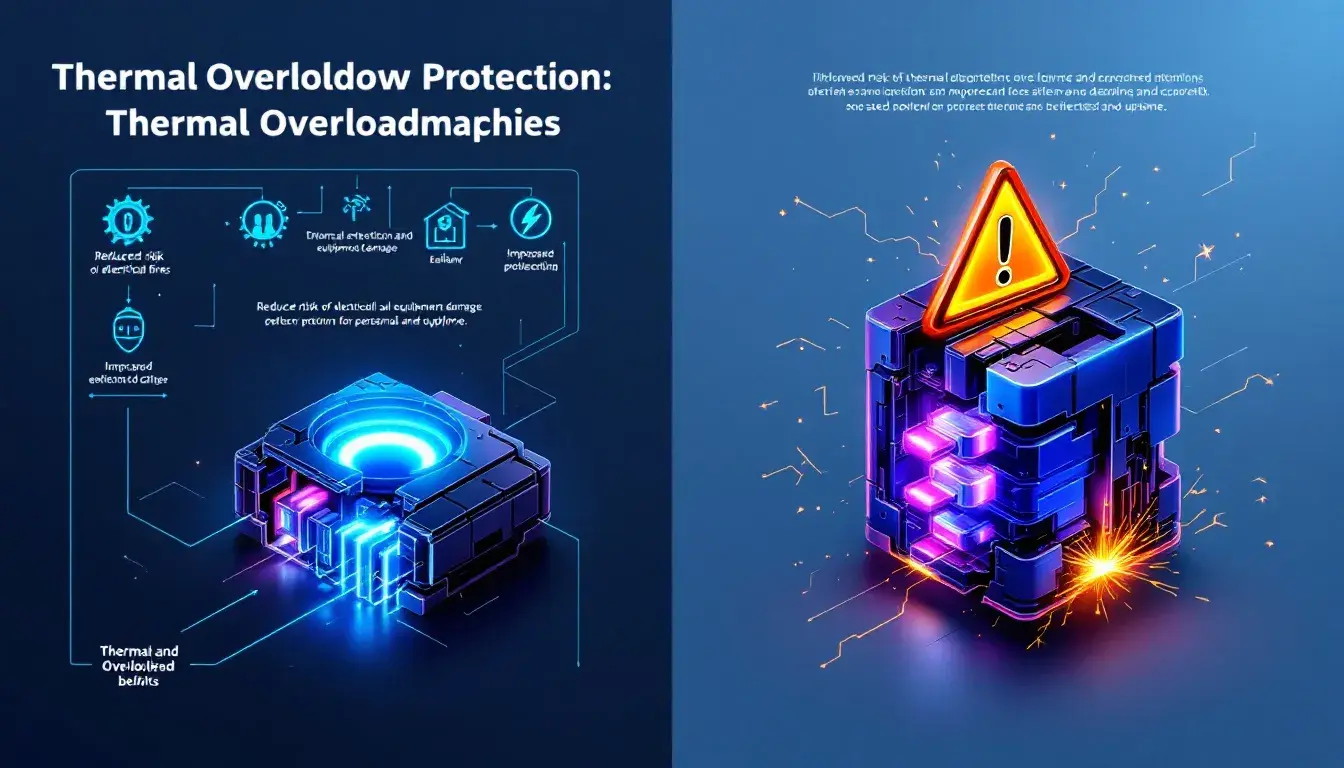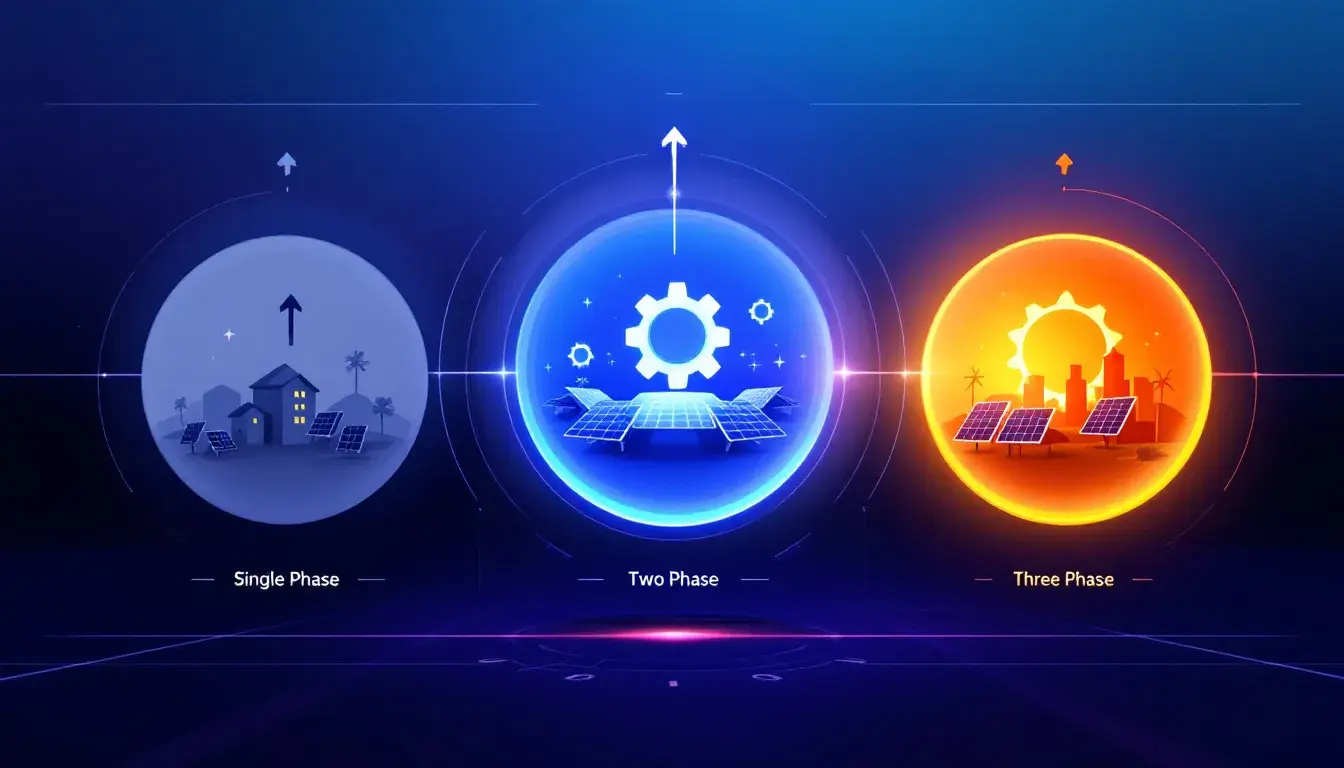Circuit Breaker VS Isolator: the difference
Table of Contents
ToggleThere are times when it is necessary to cut off the power source in an electrical
system. Such instances include faults such as overload and short circuits, or when maintenance and repair works are needed.
This is what circuit breakers and isolators are for. But there are key differences
between the two that you need to understand so you can choose which one is the most appropriate for your electrical system.
Understanding Circuit Breakers
A circuit breaker is designed to automatically stop the current flow in an electrical circuit when faults such as overcurrent or short circuits are detected.
There are different types of circuit breakers. The most common ones are thermal, magnetic, combination, and hydraulic-magnet.
Circuit breakers are used in a wide range of applications such as residential, telecommunications, process control, medical centers, and others.
Without circuit breakers, electrical systems would be far less safe as there would be no mechanism to detect faults and stop the whole system whenever there is one.
Understanding Isolators
An isolator is used to disconnect the whole or a portion of electrical equipment from the system to keep electricity from flowing through it so that maintenance and
repair work can be done safely.
The most common isolators include manual isolators, motorized isolators, single-break type isolators, and double-break type isolators.
Isolators are commonly used in substations, high-voltage devices, signal isolation, residential, commercial, and even industrial applications.
Key Differences Between Circuit Breakers and Isolators
1. Device type
A circuit breaker is an on-load device that can function perfectly even when the current is flowing through the system. An isolator on the other hand is an off-load device which means it can only operate when there is no current flowing through the circuit.
2. Way of operation
A circuit breaker operates automatically at on-load conditions while an isolator is operated manually at off-load conditions. On-load condition means the current is flowing through the system while offload means the current flow is zero.
3. Mechanism
A circuit breaker is an electromechanical switch while an isolator is a simple mechanical switch. This is why circuit breakers can function automatically while isolators can only function manually.
4. Withstand capacity
Circuit breakers have higher withstand capacity at the on-load capacity than isolators. Since isolators have low withstand capacity, it means
that they cannot be used to break
5. Function
A circuit breaker shuts down the entire system if there is any fault
while an isolator separates a portion of the electric system so that the rest of the system can still operate properly.
Choosing a circuit breaker or an isolator depends on your end purpose. Do you want to ensure safety against unexpected faults like overcurrent or short
circuits? If yes, the TOSUNlux TSB5-63DC Circuit Breaker may be a good fit for you. Do you need to be able to isolate a piece of electrical equipment or a section of the system for maintenance purposes? Then the TOSUNlux S32D S32D-T S32D-TL
S32D-W1 S32D-W2 DC Isolating Switch could be what you’re looking for. Choose the appropriate one for your system’s specific requirements.
Tel: +86-577-88671000
E-mail: ceo@tosun.com
Skype: tosunelectric
Wechat: +86-139 6881 9286
WhatsApp: +86-139 0587 7291
Address: Room No.1001 Wenzhou Fortune Center,Station Road, Wenzhou, China
REQUEST A QUOTE
WhatsApp us
 : +86-139 0587 7291
: +86-139 0587 7291 English
English Español
Español Русский
Русский Français
Français العربية
العربية Português do Brasil
Português do Brasil Українська
Українська Türkçe
Türkçe Polski
Polski Nederlands
Nederlands Italiano
Italiano Bahasa Indonesia
Bahasa Indonesia हिन्दी
हिन्दी اردو
اردو አማርኛ
አማርኛ Հայերեն
Հայերեն ไทย
ไทย Монгол
Монгол فارسی
فارسی Shqip
Shqip Ελληνικά
Ελληνικά




